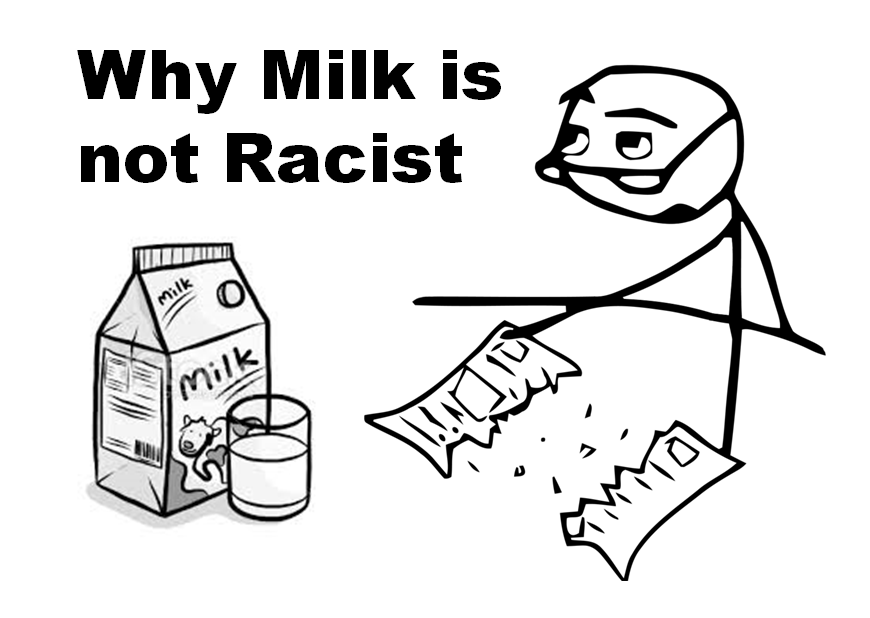
Food is known to bring people together, but some people are claiming that milk is the new symbol of hate. Milk – a symbol of purity, nutrition, and good health is now being used to divide.
The strange thing is that milk is at the very foundation of many different cultures around the world. Milk drinking has gone in and out of style in many countries around the world, but milk has had a positive impact on the many societies that have used it.
No Race has a Monopoly on the LP (Lactose Persistence) Gene
While this controversy may be largely sarcastic, it is rooted in a lack of information. The argument driving the controversy is that the Europeans more easily digest lactose than African Americans.
While it is well known that Europeans only have evolved one gene T-13910 to digest lactose, few people realize that there is greater diversity of lactase persistence in Africa. Many cultures around the continent of Africa have developed the propensity for lactase persistence.
The Egyptian temples are inscribed with cows and dairy products, the Bedouin of North Africa thrive on camel’s milk, while the Maasai culture revolves around cows, and the Zulu believe their yogurt drink Amasi, which they say makes a man strong, healthy and desired.
The main lactase persistence genes that have been found in Africa include:
- G-13915, common in the Arabian Peninsula, also occurs in northern Kenya and Sudan
- G-13907 was identified in Ethiopia and northern Sudan and Kenya
- C-14010, found in Tanzania, Kenya, and southern Africa
The lactose gene is not centralized in any part of the world but pops up in populations that have coexisted with livestock and drink milk regularly. John Cairns, a British molecular biologist, produced compelling evidence that our responses to our environment determine the expression of our genes
“Cairns took bacteria whose genes did not allow them to produce lactase; the enzyme needed to digest milk sugar, and placed them in petri dishes where the only food present was lactase. Much to his astonishment, within a few days, all of the petri dishes had been colonized by the bacteria and they were eating lactose. The bacterial DNA had changed in response to its environment.” (Source)
And while many cultures have a lactase persistence gene, some African cultures there do not have the gene but can still digest lactose.
For example, the Wolof ethnic group in Senegal have 51% frequency of lactase persistence, but when predicting their lactase persistence by their lactase persistence associated genetic data, it would appear that their lactase persistence is 0%.(Source) Lactase persistence is not their genomes, but they have probably developed lactose persistence through their microbiomes.
You don’t need the Gene – Cure Lactose Intolerance
Just like your genetic predisposition for short height cannot exclude you from playing basketball, the same can be said of the lactose gene. Just because your genetics don’t give you’re a predisposition or advantage to digest lactose does not mean that you cannot digest lactose.
Andrew Szilagyi, a gastroenterologist at McGill University, in Quebec, Canada in 2015 proved that you can become lactose tolerant even without the genetic predisposition. Szilagyi notes that you can alter and change the composition of bacteria in your gut over time by gradual reintroducing lactose into your diet. (Source)
You can cure your lactose intolerance and evolve your gut to digest lactose for you. It only takes reintroduction of a small amount of milk and over time, the right bacteria will be reestablished in your gut to help you digest the lactose.
Remember fermented dairy foods like cheese and yogurt have nearly no lactose due to the fermentation process which leaves very little lactose behind.
The humble cow produces milk for everyone. She is brown, red, yellow, black, and white – yet lives in harmony with the whole herd. Cows are not racist. We can learn much from the noble nature of cows.
Sources:
https://www.ncbi.nlm.nih.gov/pubmed/16373956
https://www.geneticliteracyproject.org/2014/03/18/milk-genes-why-only-some-of-us-can-drink-milk/
https://www.ucl.ac.uk/news/news-articles/1003/10031601

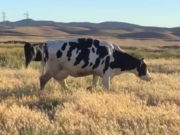
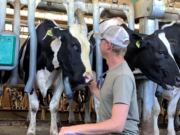
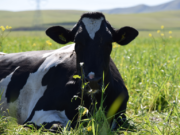



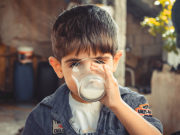
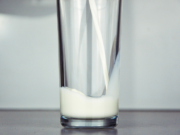
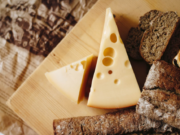
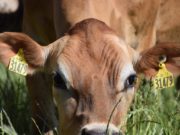
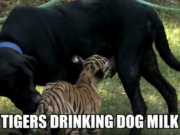
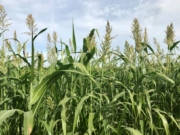
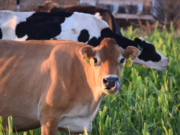
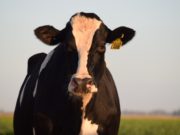
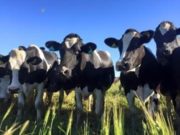
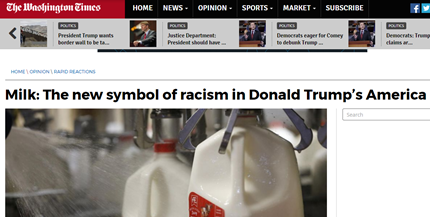

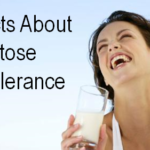



“He will not divide us… unless some of us drink milk.”
Maybe there needs to be a list compiled of “non-racist foods”, particular foods that are eaten worldwide, prepared the same, with the same spices and side dishes that are common around the world. Probably need to set up a commission for that first to hammer out the details of what specific meats, vegetables, fruits, etc and their approved combinations would be acceptable and accessible to all. That way, once completed, people could just refer to the “menu” as it were to be sure they weren’t furthering or preserving racism. Or cultural diversity. Or individuality.
lol right, like a politically correct menu – I think the most racist people are the ones creating controversies like this